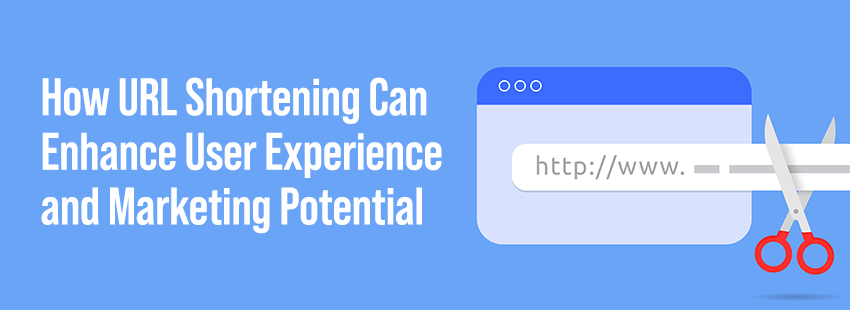Should You Be on All Social Media Platforms in 2022?
Social media is an entire universe dedicated to connecting individuals with common interests, thoughts, and hobbies. You’re probably familiar with the big platforms, such as Facebook, Instagram, YouTube, and Twitter, but those are just the tip of the iceberg. Figuring out which platforms you should be on is challenging, as you don’t want to spread your resources too thin.
Imagine directly reaching your customers, increasing brand awareness, and driving traffic to your website with a single tool. While these are all potential benefits of using social platforms correctly, many organizations use social media primarily to increase brand awareness and growth.
You can typically hit these objectives by targeting audiences who use your products, re-targeting the friends of known followers, and even using popular hashtags to gain new followers. By frequently posting on social media platforms, you can also engage with prospects and drive them to your website.
Which platforms make the most sense for me?
You must first figure out why you’re interested in creating a social media channel in the first place. Follow that up with what your goals are and who’s your target audience. Segmenting your audience is key. This process allows you to understand your audience accurately and create relevant and engaging content. Additionally, when deciding which platforms to create social pages for, we recommend looking at who will be running the pages. Does this person or team have the capability to take on more work? Can this team member create content multiple times weekly for different platforms and audiences? Will this individual be able to manage your SMB reputation online by monitoring comments and messages? What about answering questions from your audiences? Once you’ve narrowed down this information, picking the optimal platforms should be relatively easy.
You may have to mix and match
We recommend researching which platform your target audience is spending their time on. For example, 78 percent of Baby Boomers spend most of their time on Facebook. If you’re trying to reach people older than 56 years old, Facebook is your best bet. However, suppose anyone older than 18 years old can use your product. In that case, you may want to create relevant content for those older than 42 years old audience on Facebook and then repurpose or create different content on TikTok to reach the 16-24 years old demographic.
If you provide a skill people need, you might be better off creating videos and posting them to YouTube. Utilizing the platform’s SEO capabilities, your instructional videos may help increase your brand awareness and growth.
Social media has become more than just posting pictures of your business or products. Users expect honesty, to be entertained, and valuable content from organizations they follow.
Now’s the time to invest, but we do not recommend attempting to conquer all platforms simultaneously.
Do your research, understand your audience, and take it from there.





